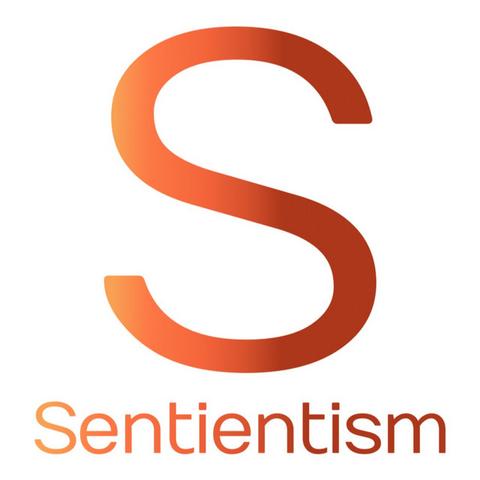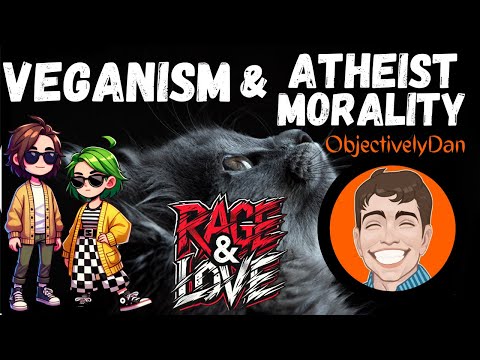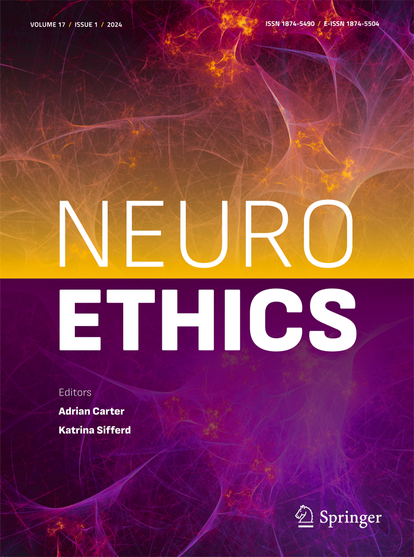Almost every worldview, religious or not, has a path to sentiocentric moral consideration.
Caring about all beings who can care about themselves - sentient beings who can feel and experience.
Let’s all follow those paths?
| Epistemology | Naturalistic |
| Moral scope | Sentiocentric |
| Web Site | https://sentientism.info/ |
| Links! | https://linktr.ee/sentientism |
Almost every worldview, religious or not, has a path to sentiocentric moral consideration.
Caring about all beings who can care about themselves - sentient beings who can feel and experience.
Let’s all follow those paths?
If you’re talking about moral philosophy please don’t forget to talk about moral scope… “who matters?”
It’s probably the most important moral philosophy question. Answering it wrongly can condemn countless trillions of beings - however good your ethical system might be.
Imagine a future with no exploitation of non-human sentient beings.
What problems would remain?

Can you imagine a United Nations that cares about animals and all sentient beings? Sentientity as well as humanity? Sentient rights as well as human rights?
Anders Reagan from the PACS Institute joins me for episode 225 of the #Sentientism podcast and YouTube. Please share if you like it! https://youtu.be/ze-Dk3Lkh3o


Podcast · Jamie Woodhouse · We discuss the biggest questions: "what's real?", "who matters?" and "how to make a better world?" with scientists, celebrities, activists, writers and philosophers. The Sentientism worldview is "evidence, reason and compassion for all sentient beings." It's a simple, yet radical, philosophy that's grounded in reality (naturalistic epistemology) and has compassion for all sentient beings (mostly human and non-human animals). Naturalism & sentiocentrism combined. Find out more at https://sentientism.info/ or join a group: https://www.facebook.com/groups/sentientism. Also on YouTube!


Illusionism is a revisionary view of consciousness, which denies the existence of the phenomenal properties traditionally thought to render experience conscious. The view has theoretical attractions, but some think it also has objectionable ethical implications. They take illusionists to be denying the existence of consciousness itself, or at least of the thing that gives consciousness its ethical value, and thus as undermining our established ethical attitudes. This article responds to this objection. I argue that, properly understood, illusionism neither denies the existence of consciousness nor entails that consciousness does not ground ethical value. It merely offers a different account of what consciousness is and why it grounds ethical value. The article goes on to argue that the theoretical revision proposed by illusionists does have some indirect implications for our ethical attitudes but that these are wholly attractive and progressive ones. The illusionist perspective on consciousness promises to make ethical decision making easier and to extend the scope of our ethical concern. Illusionism is good news.
If we care about a sentient being… we have compassion or moral consideration for them… we want them treated humanely…
What is our minimal moral obligation to them? What most basic rights do they have? What core limits are there on what we should or should not do to them?